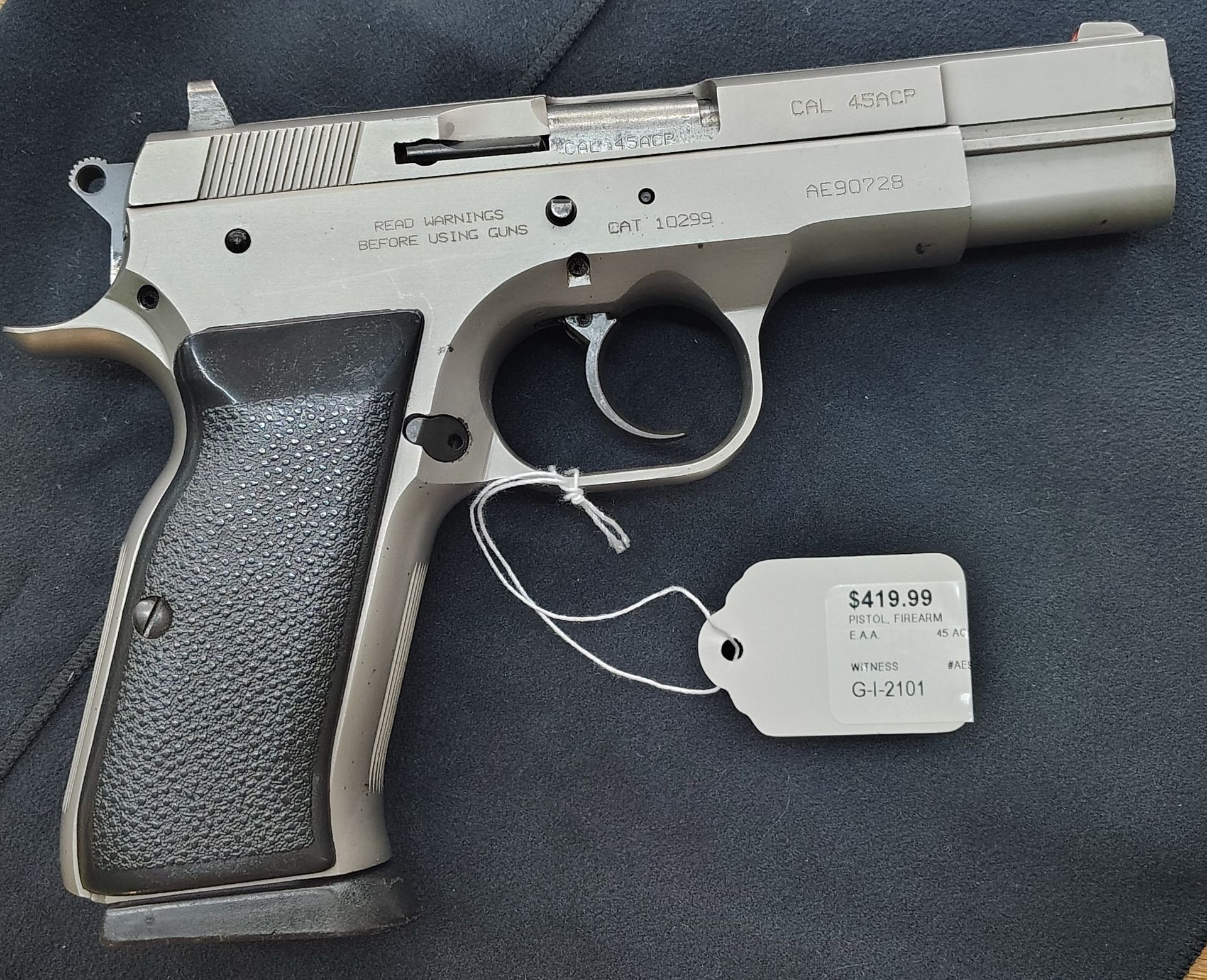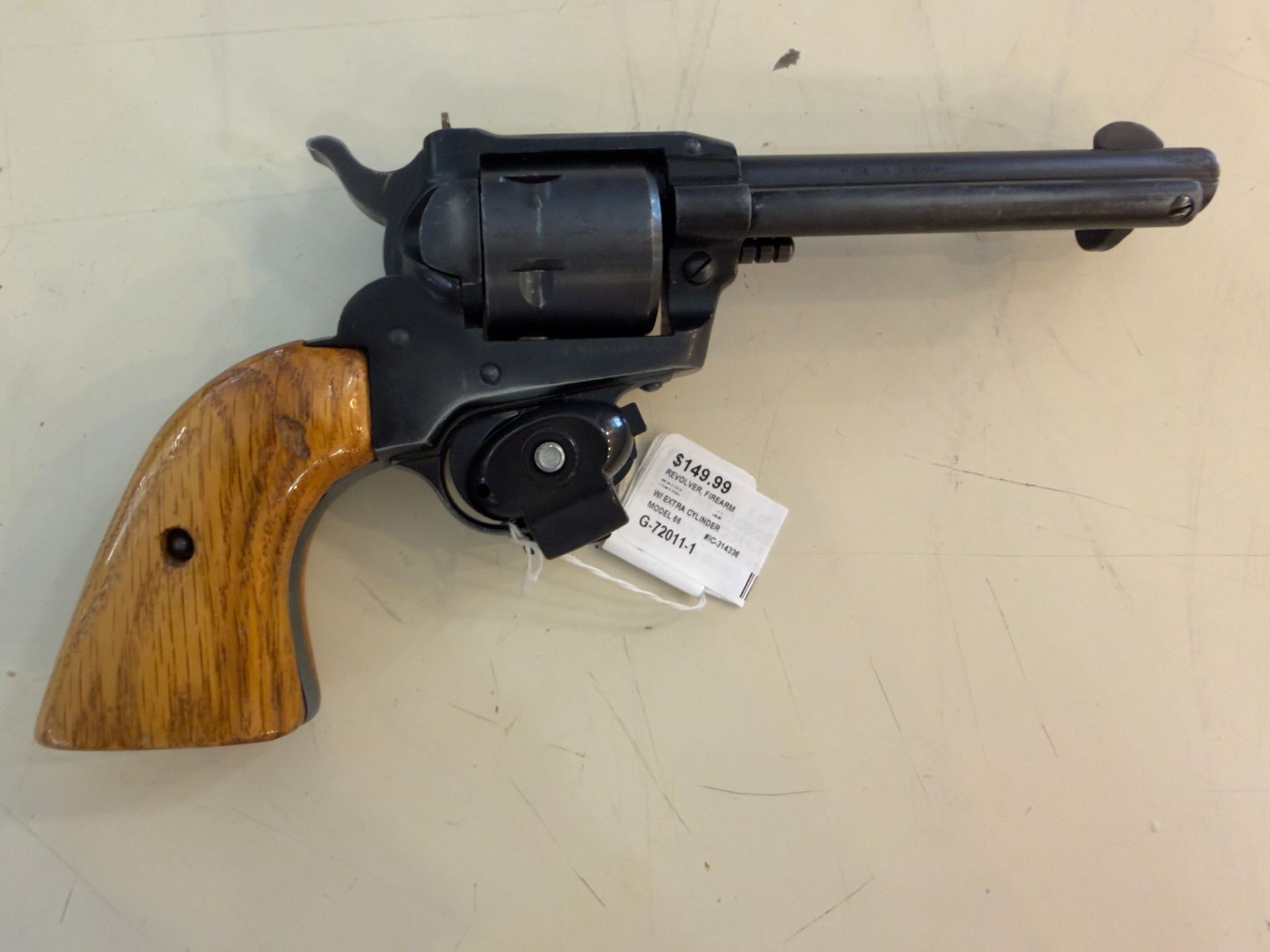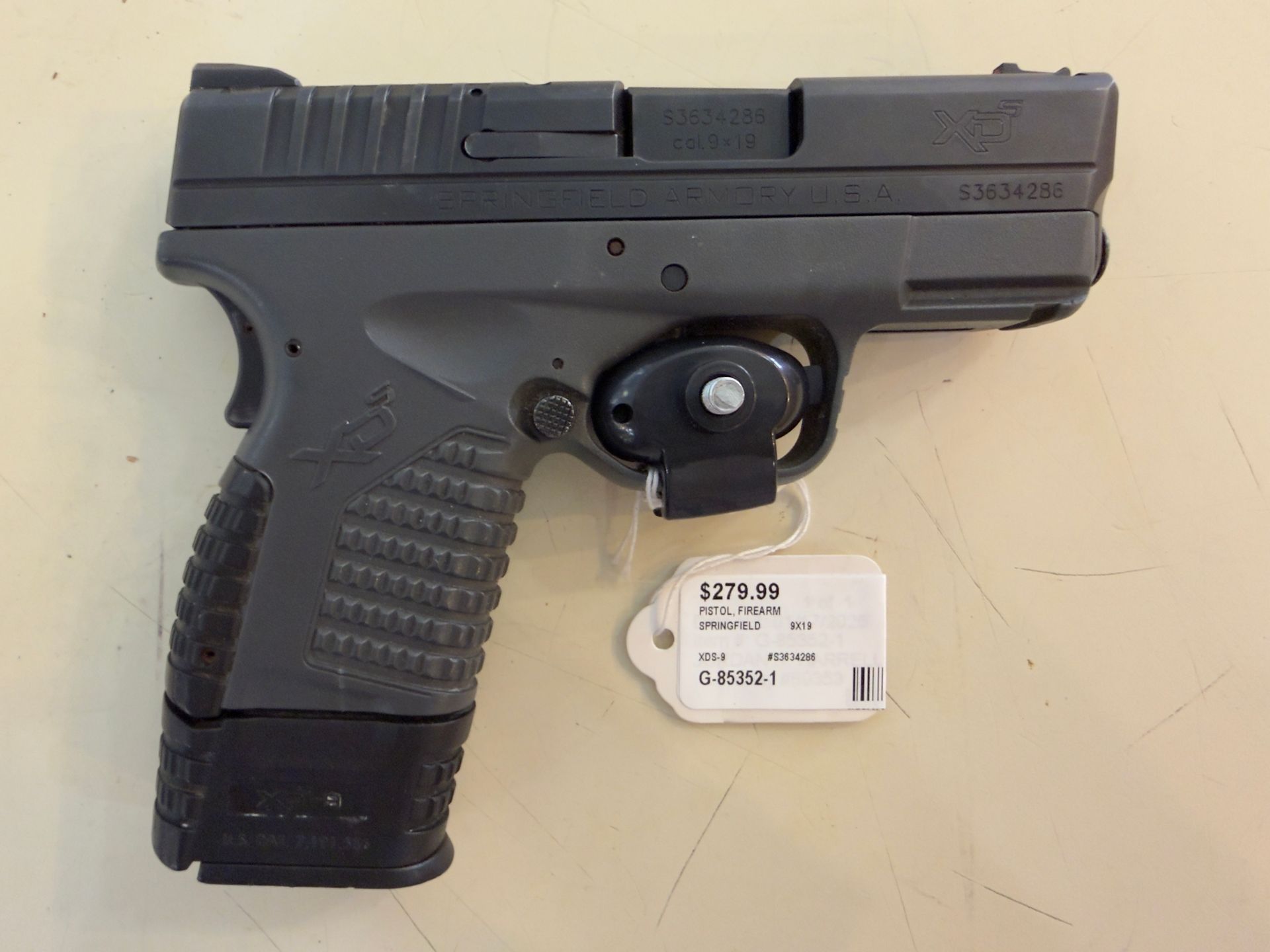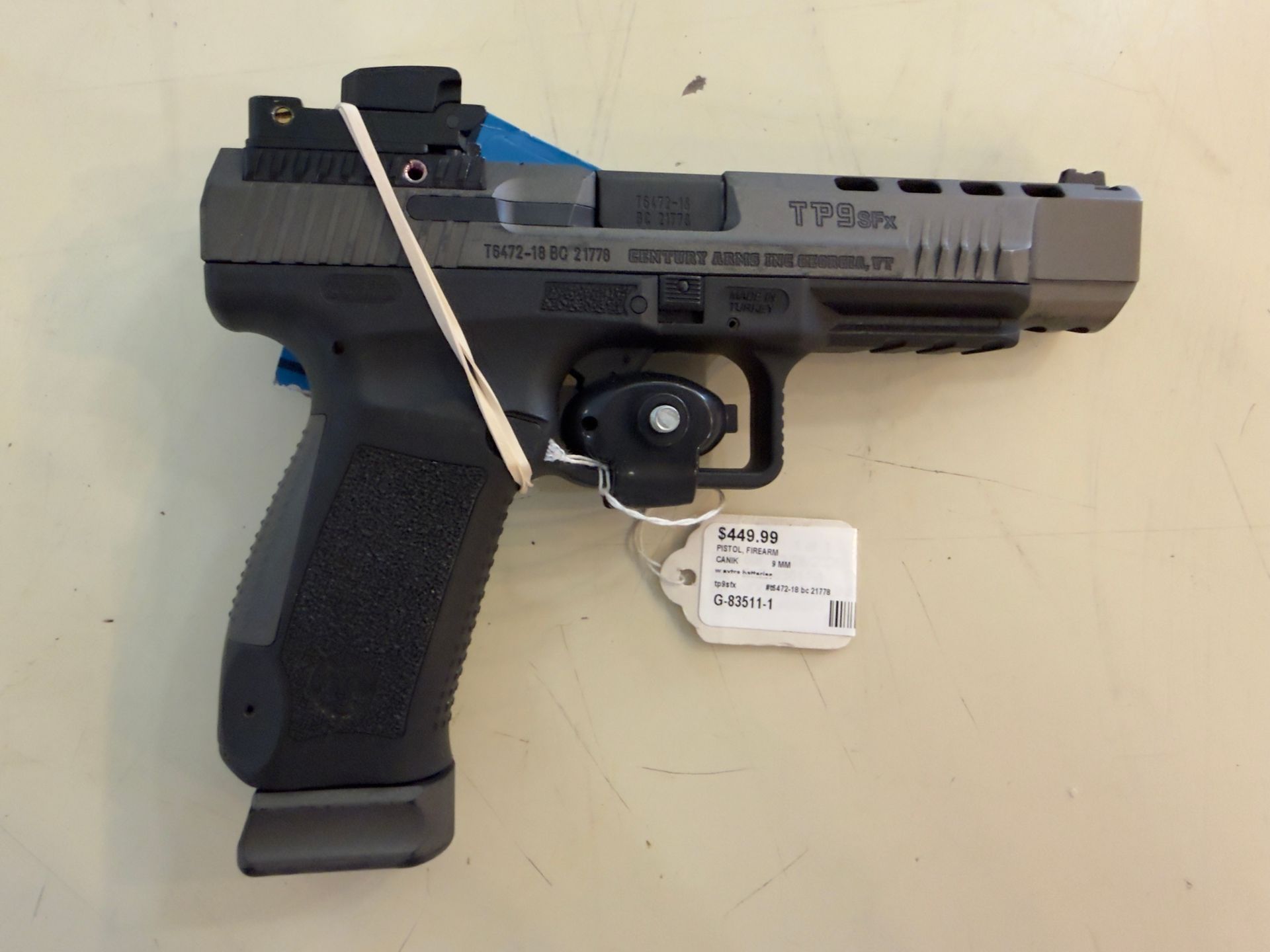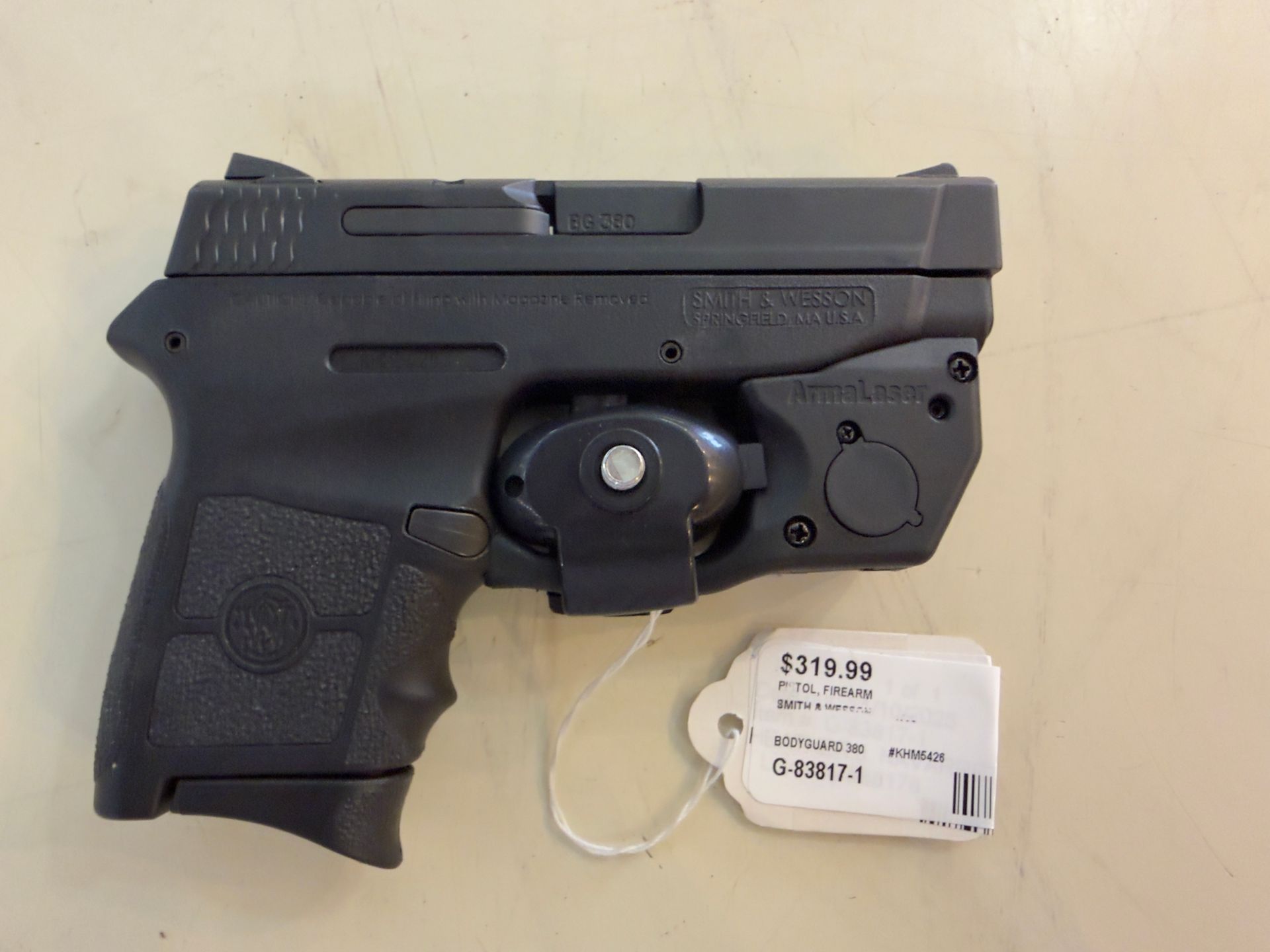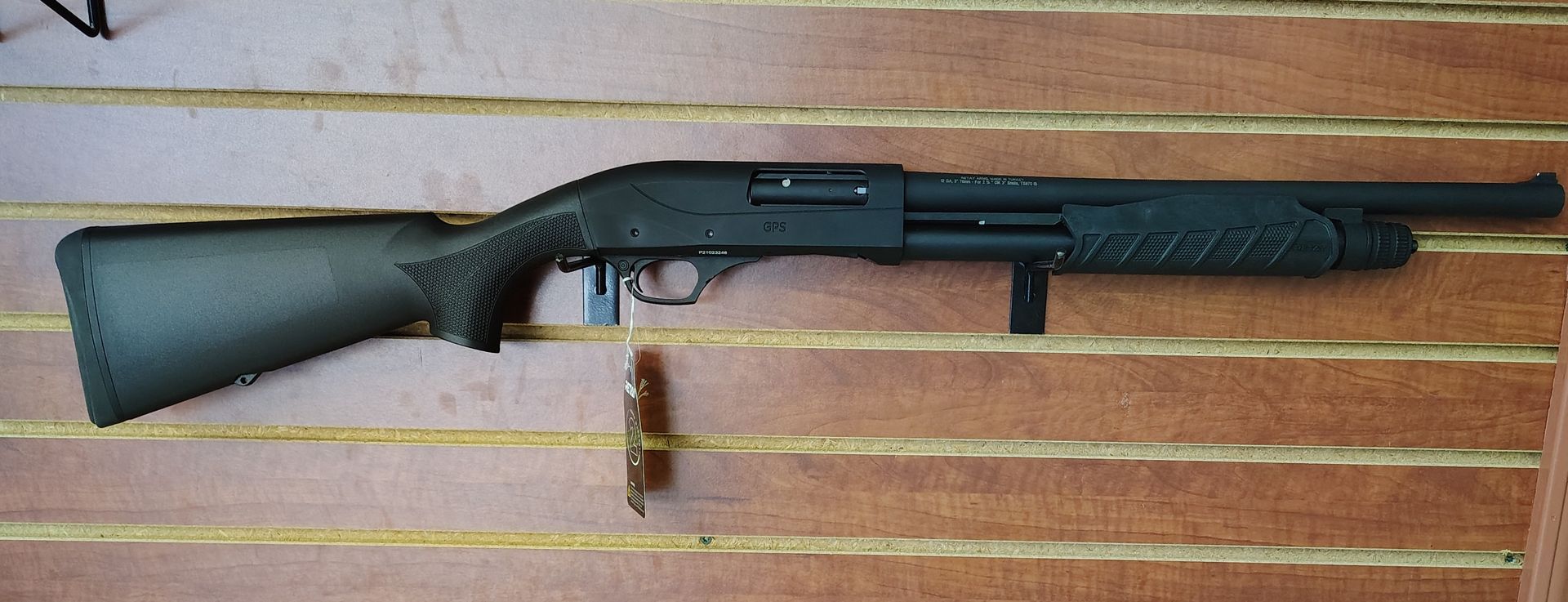Ensuring Your Tools Get Accepted By Pawn Shops
Pawning tools can be a convenient and straightforward way to obtain quick cash when you're faced with an unexpected expense or seeking to declutter your garage. By turning unused or excess tools into money, you can address financial needs without much hassle. This process, however, requires some understanding to ensure that your tools are accepted by pawn shops and fetch a fair price.
In Kentucky, where River City Pawn operates, ensuring your tools meet the standards expected by pawn shops can make a significant difference. Preparing and understanding the value of your tools not only boosts your confidence but also maximizes your returns. By learning the steps involved, you'll be in a better position to make the most of your transactions with pawn shops.
Know the Value of Your Tools
Recognizing the worth of your tools is a pivotal part of the pawning process. Before you walk into a pawn shop, it's beneficial to know exactly what your tools are worth. This knowledge helps in setting realistic expectations. Here are some steps to guide you:
- Research Brands and Models: High-quality brands often have better resale value. Spend some time looking into which brands and models are in demand. For example, established names like DeWalt or Makita often hold their value well in the pawn market.
- Assess Market Value: Online marketplaces provide a window into the current value of your tools. Check what similar items are selling for, keeping in mind any differences due to condition or accessories included.
- Condition Matters: Tools in good working order usually get a better offer. Note any wear and tear, as this will affect the appraisal. If your tools have been barely used, highlight this feature during negotiations.
- Rarity and Demand: Some tools might be rare or have unique features that can elevate their worth. If your tool fits this category, ensure you communicate this when discussing with the pawn broker.
By understanding these elements, you're not simply accepting any offer blindly. Instead, you're arming yourself with information that empowers you during negotiations, ensuring you receive a fair deal that reflects the true value of your tools.
Preparing Your Tools for Pawning
When it comes to preparing your tools for a pawn shop, presentation really matters. Just as you wouldn't want to buy a car covered in mud, pawn shops aren't too keen on accepting dirty or neglected tools. Taking some time to clean and maintain your tools can significantly enhance their perceived value. Begin by wiping down each tool to remove dust and grime. For power tools, make sure they're free of dirt in crevices and ensure that all parts work correctly.
Once your tools are clean, it's handy to organize any accessories or parts that come with them. Attachments or chargers that make the tools more functional should be packaged neatly. This way, you help the pawn broker see the complete package they're getting, which could potentially lead to a better offer for you. Lastly, check that all items are in good working order. A broken tool is unlikely to impress anyone, and most shops will turn them away unless they can be fixed easily.
Presenting Your Tools Effectively
After cleaning and organizing your tools, the next step is presenting them in a way that captures the interest of the pawn broker. How you display your tools can significantly impact their attractiveness. Lay out your tools on a flat surface for easy viewing. Arrange them in a way that shows off their condition and any unique features they may possess.
If you have the original boxes or manuals, bring them along. Providing documentation like proof of purchase can add credibility to your claims about the tool's age and condition. If your tool has a feature that's particularly beneficial, don't hesitate to point that out. For example, if you have a cordless drill with an exceptional battery life or additional drill bits, these are highlights that could make your offer more appealing.
Understanding the Pawn Shop Process
Walking into a pawn shop for the first time can be a bit of a mystery, but knowing what to expect makes the process smoother. Upon arrival, expect the pawn broker to inspect your tools thoroughly. They're assessing the condition, functionality, and current market value to determine an offer. During this process, remain open to questions and provide clear answers; transparency helps build trust.
Negotiation is part of the game in pawn shops. Keep your research in mind as you discuss the price, but stay flexible. Brokers aim to make a fair deal, but they also need to factor in their ability to resell the item for profit. In Kentucky, like many areas, having this casual yet informed negotiation style can be what sets your transaction apart. Engage confidently and clearly to find a price that satisfies both parties.
Making the Most of Your Pawn Shop Visit
To ensure everything goes smoothly during your visit, you might want a quick checklist before you head out:
- Confirm that all tools are clean and fully operational.
- Gather any supplementary parts or accessories.
- Prepare any documentation, like receipts or manuals.
- Brush up on the research you've done about tool values.
- Practice a few negotiation points to feel ready.
Treat your interaction like a calm and friendly business meeting. Approach the negotiation with a positive attitude and be prepared to discuss why your tools are worth the price you're hoping for. This balanced strategy makes for a pleasant experience and increases your chances of walking away with a deal that meets your needs.
By following these steps, you will not only feel more prepared but also project that confidence to the pawn broker. This thoughtful approach can transform a basic transaction into one that's rewarding both personally and financially.
Transform your unused tools into cash with confidence at River City Pawn. We're here to assist you in getting the best value for your items, making your pawn shop experience as smooth and satisfying as possible. Learn more about how our expert team at
Kentucky pawn shops can help maximize your returns on tools and other valuables today.

